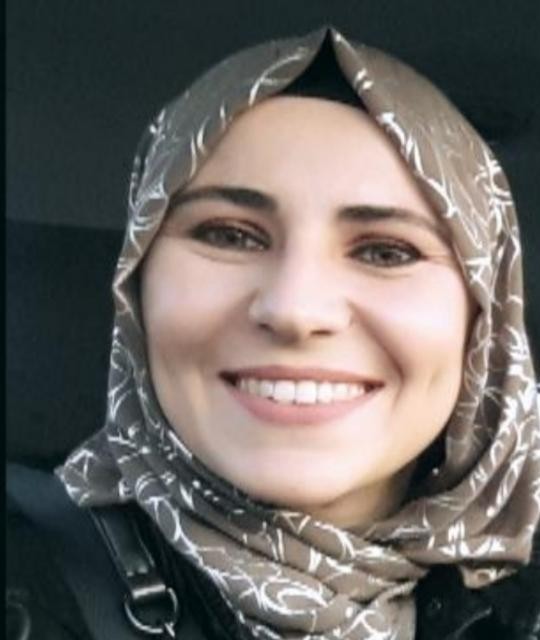Conference
TRACK
Track 1 ///
Catalytic and Photocatalytic Materials for Waste, Water, and
Wastewater Treatment
Track 2 /// Emerging Pollutants (such as PFOS, FFOA, and PPCP)
Removal
Track 3 /// Water and Wastewater Pollution Analysis and Control
Track 4 /// Water Reclamation and Reuse
Track 5 /// Production of Green Energy, Clean Energy, and
Renewable Energy
Track 6 /// Waste Management and Waste-to-Energy
Track 7 /// Grid-Connected Renewable Energy and Energy
Management
Track 8 /// Environmental and Sustainable Engineering Materials
Track 9 /// Biotechnology for Waste Treatment and Recovery
Track 10 /// Bioplastics and Biodegradation: Sustainable Pathways for Circular Bioeconomy

Biography of Organizers:
Assoc. Prof. Dr. Gülizar Kurtoğlu Akkaya is an academician in
the Department of Environmental Engineering at Necmettin Erbakan
University, Faculty of Engineering, Türkiye. She received her
Ph.D. from Yıldız Technical University in 2018, with a
dissertation on the treatment of landfill leachate using a
submerged electro-membrane bioreactor system. Her main research
interests include wastewater and leachate treatment, sludge
management, electrochemical oxidation processes, circular
economy approaches, and bio-based materials.
Dr. Kurtoğlu Akkaya has extensive experience in both national
and international research collaborations. Her recent studies
focus on electrocoagulation, hybrid electrochemical systems,
biochar-assisted remediation, and the valorization of
waste-derived biomaterials into sustainable polymers and
bioplastics. She has coordinated and contributed to several
projects funded by The Scientific and Technological Research
Council of Türkiye (TÜBİTAK)—including programs such as 1001,
1507, 2218, and 2219—as well as university-supported research on
environmental pollution control and resource recovery.
Her works have been published in leading international journals
such as Journal of Environmental Chemical Engineering,
Separation and Purification Technology and Chemical Engineering
Research and Design. Alongside her research activities, she
teaches undergraduate and graduate courses on waste management,
sludge control, and environmental economics, and supervises
students developing innovative and sustainable solutions for
environmental challenges.
Currently, Dr. Kurtoğlu Akkaya’s research focuses on developing
low-cost, biodegradable, and environmentally friendly materials
from renewable and waste-based resources, with an emphasis on
biodegradation behavior, cost efficiency, and life cycle
assessment (LCA) within the circular bioeconomy framework.
Short
description of the proposed topic:
This special session will focus on
recent advances in the production and characterization of
bioplastics derived from low-cost and waste-based feedstocks.
Topics include innovative synthesis routes using agricultural,
food, or industrial residues; evaluation of biodegradation
behavior under different environmental conditions (soil,
compost, aquatic); and comparison with conventional plastics and
microplastic alternatives. The session also welcomes studies on
cost analysis, techno-economic feasibility, and life cycle
assessment (LCA) of bio-based polymer systems. It aims to
promote a comprehensive understanding of how bioplastics can
support a sustainable and circular materials economy.
Novelty and motivation:
This session stands out by integrating low-cost resource utilization, biopolymer
innovation, and environmental degradation assessment within a single framework.
While conventional conference sessions often focus separately on polymer
synthesis or waste management, this one bridges these domains to explore how
inexpensive or waste-derived materials can be transformed into functional
bioplastics with minimal environmental impact. It also emphasizes comparative
biodegradation studies, microplastic substitution potential, and life
cycle–based cost and sustainability analyses, which are rarely discussed
together.
By combining these complementary perspectives, the session provides a unique
platform for researchers and practitioners to discuss the full journey—from
feedstock to degradation and circularity—in support of a more sustainable and
resource-efficient materials future.
Submission channel:
https://confsys.iconf.org/submission/iceeb2026 (please choose the correct
special session title when you submit)
Submission deadline: May 31, 2026
Conference email: iceeb@cbees.org (please
inquire the secretary when you meet questions during submission)
